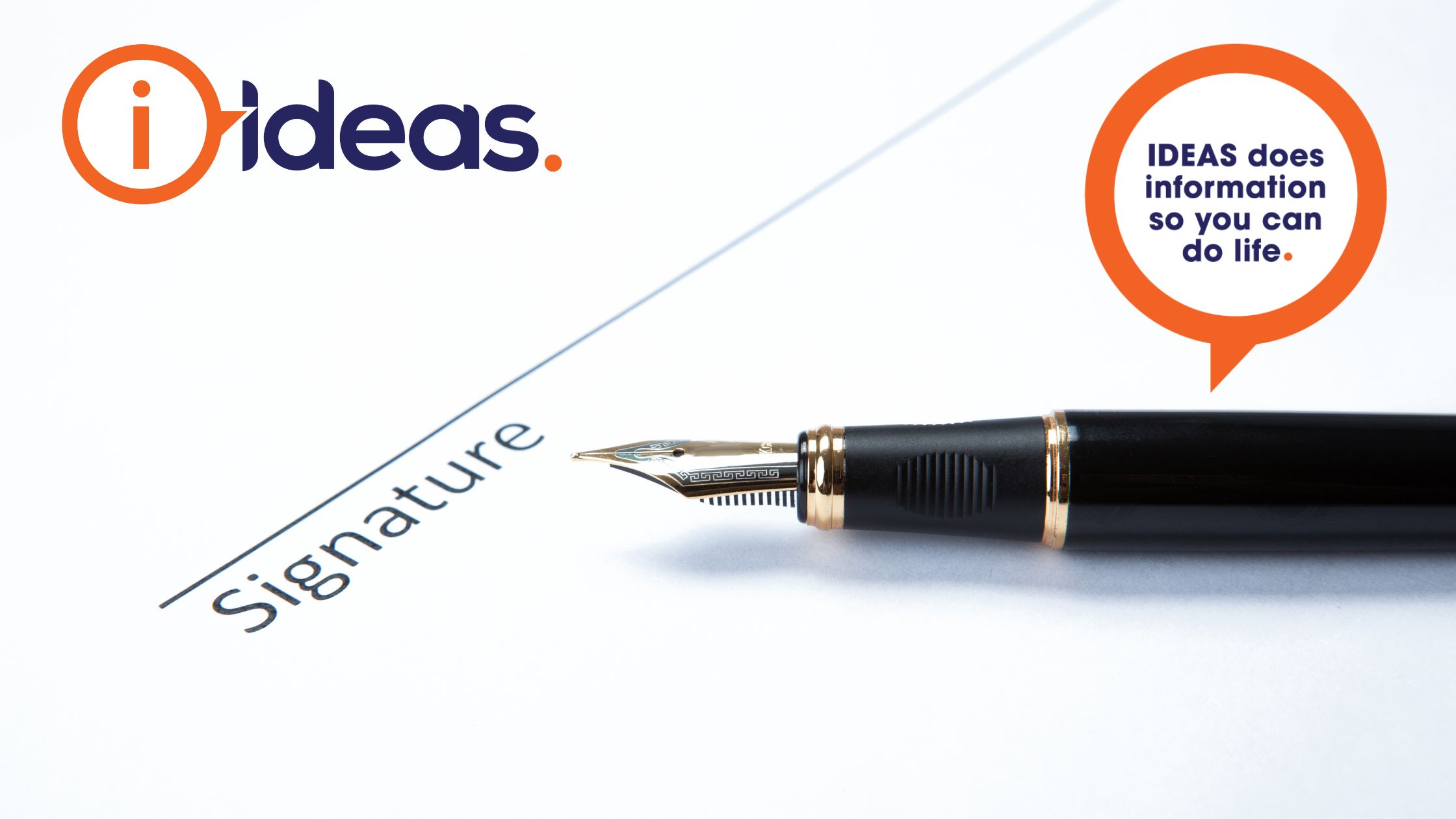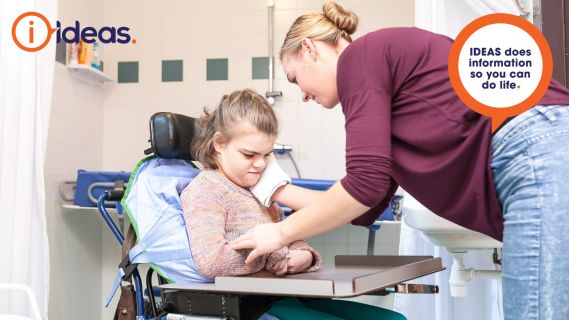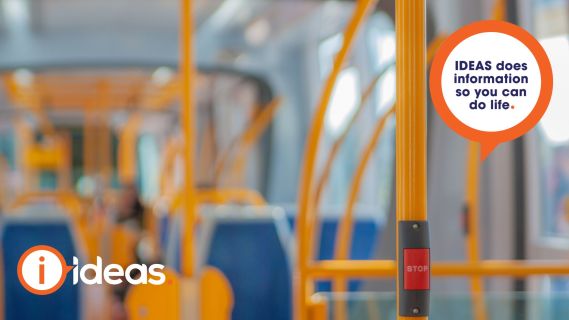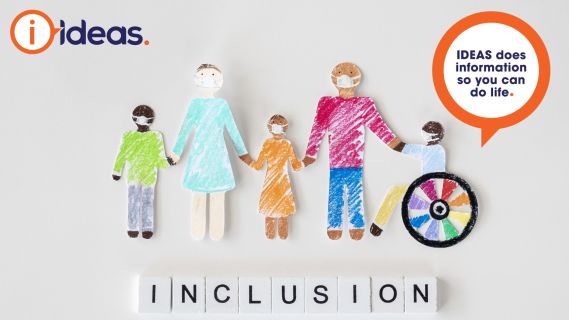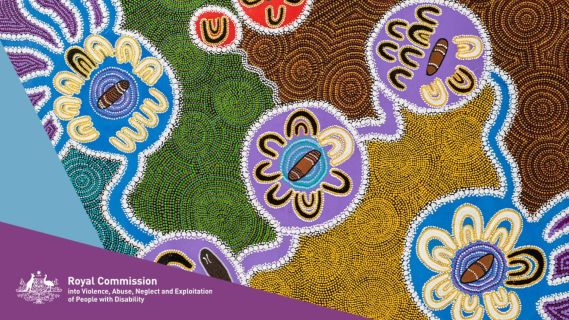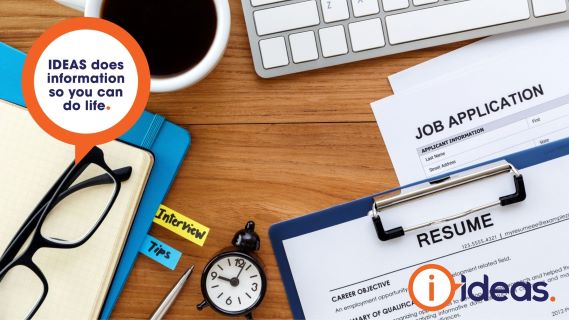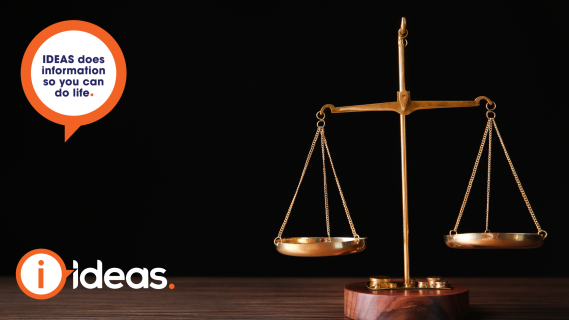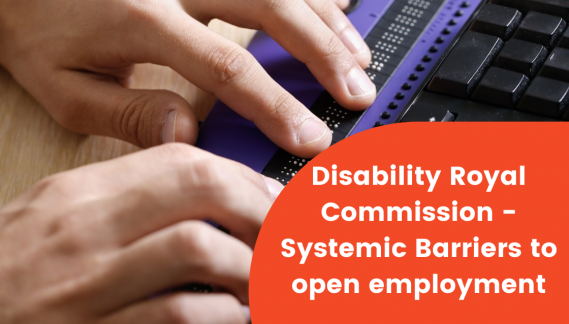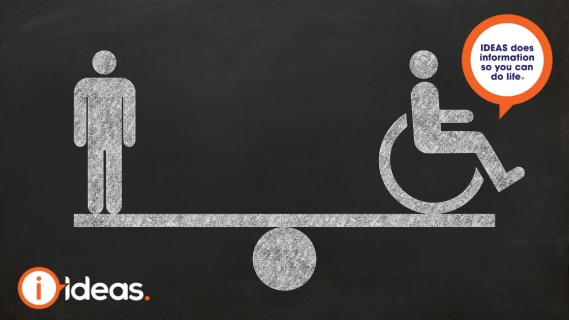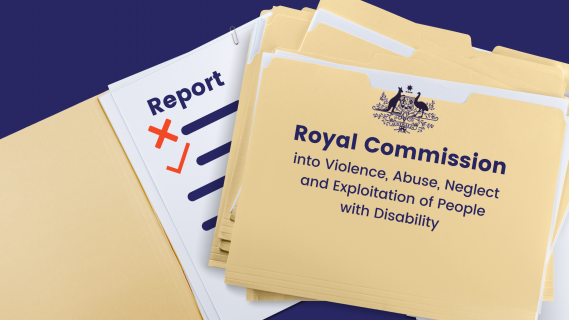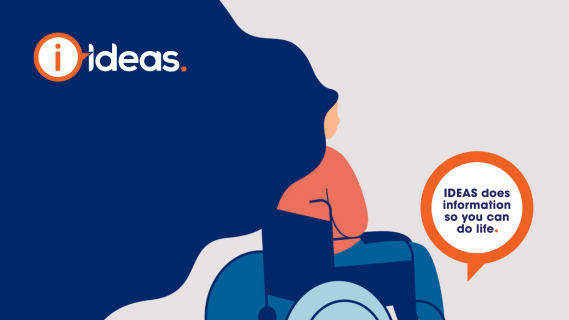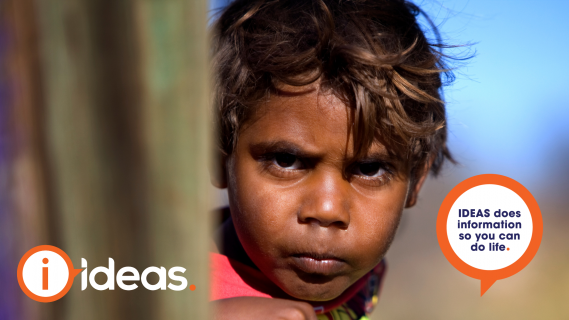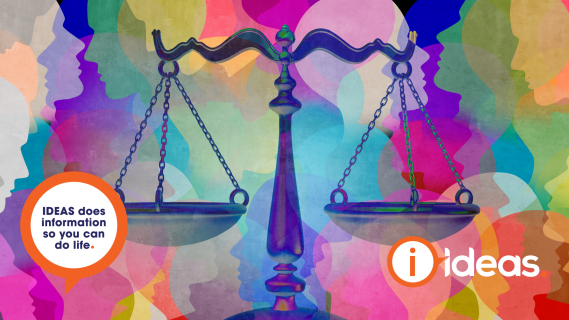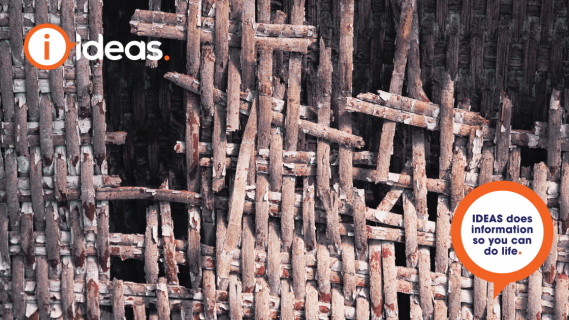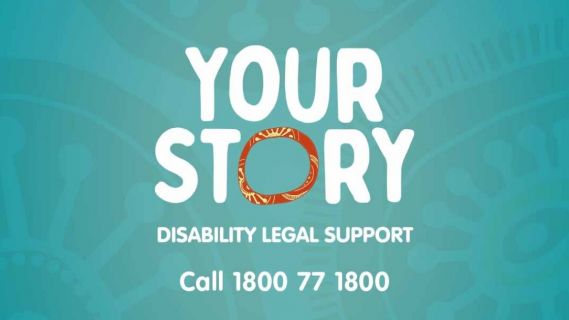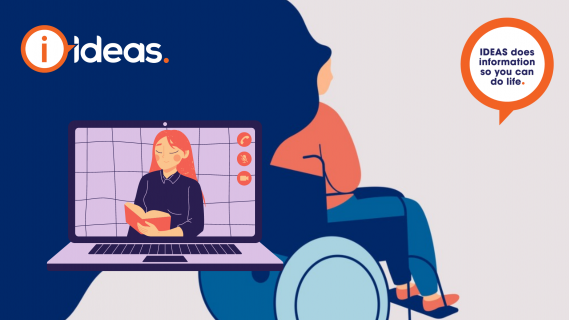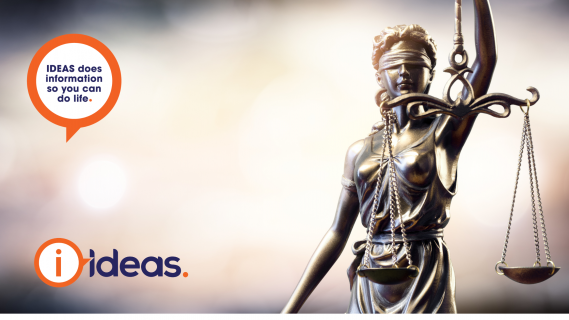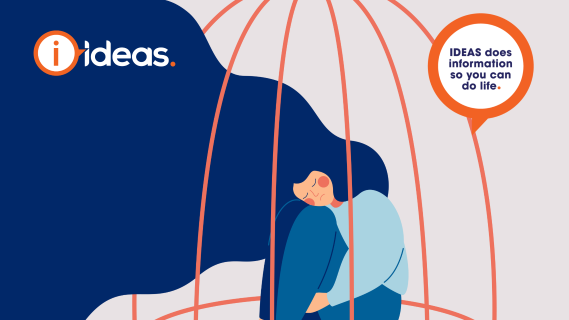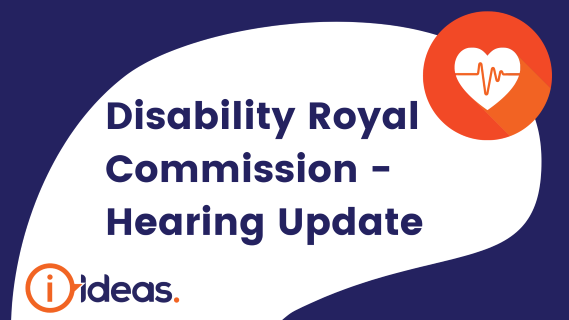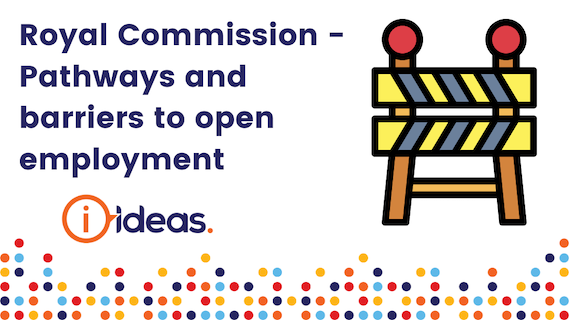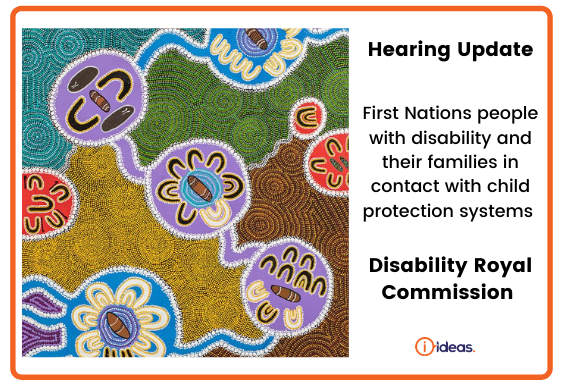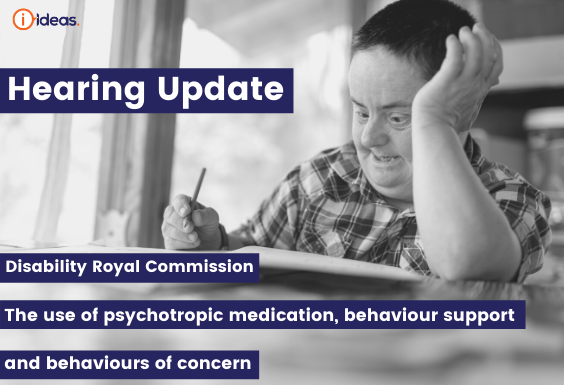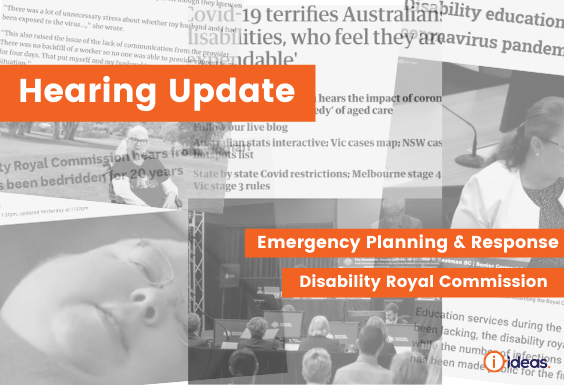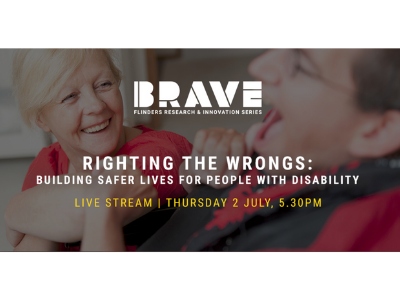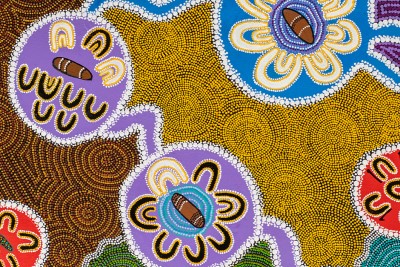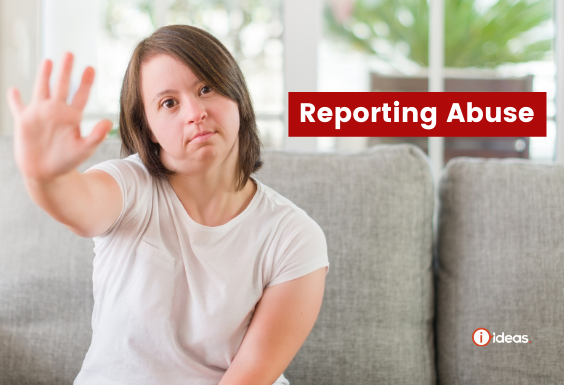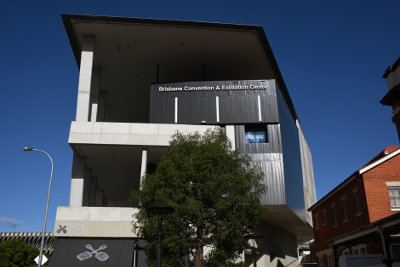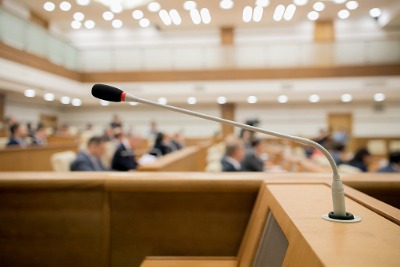Public hearing 30 of the Royal Commission into Violence, Abuse, Neglect and Exploitation will examine Australian guardianship and administration laws and policies with a particular focus on how substituted decision-making impact the rights of people with disability.
Skip to:
Live streamVideo RecordingsWitnessesTranscriptsMedia coverage Support servicesContent Warning
Some of the stories and information below may contain details of abuse, neglect and mistreatment of people with disabilities. If this content causes you distress, you can find help here.
How can I attend?
The Royal Commission’s thirtieth public hearing will be held in Sydney Olympic Park from 21 to 25 November 2022 at the Novotel Sydney Olympic Park, 11A Olympic Blvd, Sydney Olympic Park.
The hearing will be open to the public and live-streamed.
The live stream and video recordings include Auslan, captions and audio-only options. Transcripts will be available in PDF and DOCX formats.
What is it about?
The Royal Commission will hear from witnesses with lived and direct experience from Western Australia, Queensland, Victoria and New South Wales and from advocates and Public Guardians and Public Trustees.
The scope and purpose of Public hearing 30 are to:
-
listen to the experiences of people with disability who have been subject to guardianship or financial administration orders
-
examine the assumptions about capacity and decision-making, including fluctuating capacity at different times of a person’s life
-
explore the barriers for people with disability participating in guardianship and administration proceedings and the impact of the decisions on their lives
-
consider why substituted decision-making (such as guardianship and financial administration) appears not to be used as a last resort and why models of supported decision-making are not more widely used as an alternative to substituted decision-making
-
examine supported decision-making models for people with disability
-
consider what safeguards may be appropriate to reduce violence, neglect and exploitation of people with disability in the context of both substituted and supported decision-making.
Live stream
This live stream/recording has closed captions and Auslan translations. In addition, there is an audio-only stream option. Recordings can be accessed by clicking on Event Posts in the top right-hand corner of the video frame.Video Recordings
Will be added when available.
Witness List
Official Transcripts
Media coverage
21 November 2022
Disability Royal Commission
Media Release: Royal Commission to examine guardianship, substituted and supported decision-making
Starting on 21 November 2022, the Disability Royal Commission is holding its thirtieth public hearing to examine Australian guardianship and administration laws and policies with a particular focus on how substituted decision-making impacts on the rights of people with disability.
The Convention on the Rights of Persons with Disabilities (CRPD) recognises the importance of autonomy for people with disability, including the freedom to make one’s own choices and express their independence.[1] It also recognises that people with disability may require support to exercise their legal capacity.[2]
20 November 2022
ABC News
"When people with a disability approach me as a lawyer, they express a sincere and genuine fear of 'the government', as they call it, which is the Public Guardian and Public Trustee, coming to make decisions for them."
18 November 2022
People with Disabilities Australia (PWDA)
People with Disability Australia (PWDA) believes that models of supported decision-making must replace substituted decision-making models for people with disability wherever possible. In the long term, that means a transition from Australia’s guardianship system to a national supported decision-making framework. Meanwhile, urgent action is needed to prevent harm to people with disability who remain subject to guardianship & administration during the transition’s planning and implementation.
Support Services
Your Story Disability Legal Support is a free, independent legal service that supports people with disabilities to share their stories with the Disability Royal Commission safely.
The Disability Royal Commission has set up support services for people with disabilities affected by or interacting with the Commission process. These supports include counselling, advocacy, and financial and legal help. For more information and links, read our resource on Royal Commission Support Services.
The National Disability Abuse and Neglect Hotline is a free, independent and confidential service for reporting the mistreatment of people with disabilities.

